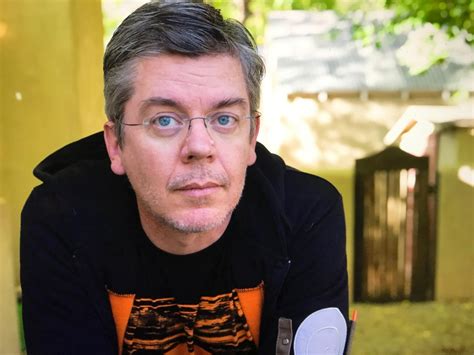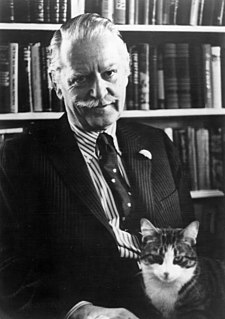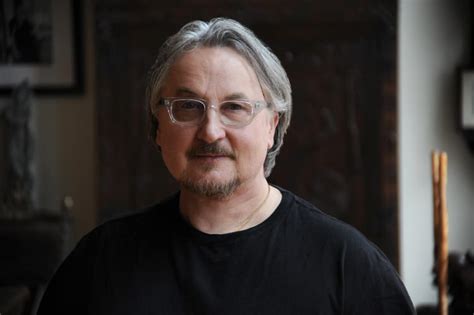A Quote by Vanessa Diffenbaugh
The Victorian language of flowers began with the publication of 'Le Language des Fleurs,' written by Charlotte de Latour and printed in Paris in 1819. To create the book - which was a list of flowers and their meanings - de Latour gathered references to flower symbolism throughout poetry, ancient mythology, and even medicine.
Related Quotes
For the flowers are great blessings. For the Lord made a Nosegay in the meadow with his disciples and preached upon the lily. For the flowers have great virtues for all senses. For the flower glorifies God and the root parries the adversary. For the flowers have their angels even the words of God's creation. For there is a language of flowers. For there is a sound reasoning upon all flowers. For flowers are peculiarly the poetry of Christ.
Brave old-flowers! Wall-flowers, Gilly flowers, Stocks! For even as the field-flowers, from which a trifle, a ray of beauty, a drop of perfume, divides them, they have charming names, the softest in the language; and each of them, like tiny, art-less ex-votos, or like medals bestowed by the gratitude of men, proudly bears three or four.
We say that flowers return every spring, but that is a lie. It is true that the world is renewed. It is also true that that renewal comes at a price, for even if the flower grows from an ancient vine, the flowers of spring are themselves new to the world, untried and untested. The flower that wilted last year is gone. Petals once fallen are fallen forever. Flowers do not return in the spring, rather they are replaced. It is in this difference between returned and replaced that the price of renewal is paid. And as it is for spring flowers, so it is for us.
Poetry cannot be translated; and, therefore, it is the poets that preserve the languages; for we would not be at the trouble to learn a language if we could have all that is written in it just as well in a translation. But as the beauties of poetry cannot be preserved in any language except that in which it was originally written, we learn the language.
All flowers are flirtatious - particularly if they carry hyphenated names. The more hyphens in the name, the flirtier the flower. The one-hyphen flowers - black-eyed Susan; lady-smock; musk-rose - may give you only a shy glance and then drop their eyes; the two-hyphen flowers - forget-me-not; flower-de-luce - keep glancing. Flowers with three or more hyphens flirt all over the garden and continue even when they are cut and arranged in vases. John-go-to-bed-at-noon does not go there simply to sleep.
Philosophy [nature] is written in that great book which ever is before our eyes -- I mean the universe -- but we cannot understand it if we do not first learn the language and grasp the symbols in which it is written. The book is written in mathematical language, and the symbols are triangles, circles and other geometrical figures, without whose help it is impossible to comprehend a single word of it; without which one wanders in vain through a dark labyrinth.
Nature is a language and every new fact one learns is a new word; but it is not a language taken to pieces and dead in the dictionary, but the language put together into a most significant and universal sense. I wish to learn this language - not that I may know a new grammar, but that I may read the great book which is written in that tongue.
We believe we can also show that words do not have exactly the same psychic "weight" depending on whether they belong to the language of reverie or to the language of daylight life-to rested language or language under surveillance-to the language of natural poetry or to the language hammered out by authoritarian prosodies.
You can create substances with other naturally grown substances and you can synthesize beautiful bouquets of flowers without spending an arm and a leg, using the citrus fruits, which are much more affordable than flowers, because you need so many flowers to create the essences. In this country [USA], there is not a traditional science of making it. The Native Americans never did it. They bundled the sage.

































